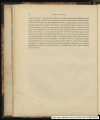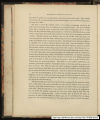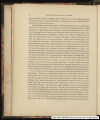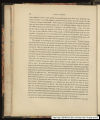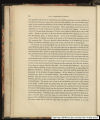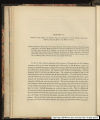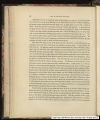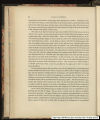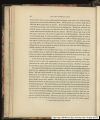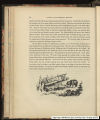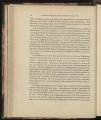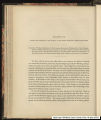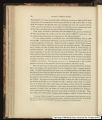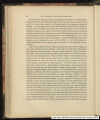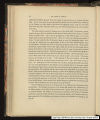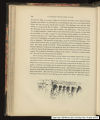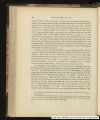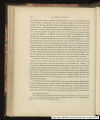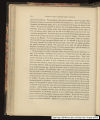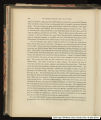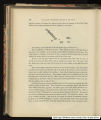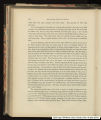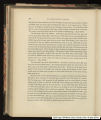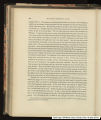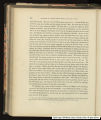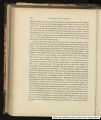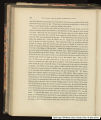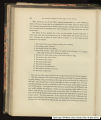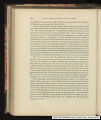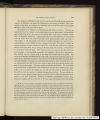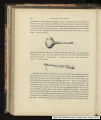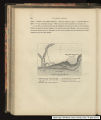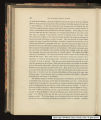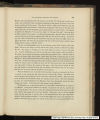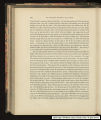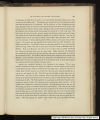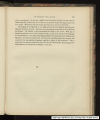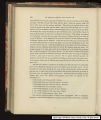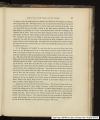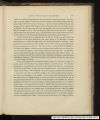| OCR Text |
Show 400 THE MANITARIES-TRADITIONS----THE AKUPEHRI. from removing to too great a distance from them. At times they perform the following ceremony with these bones: they take a potsherd with live coals, throw sweet-smelling grass upon it, and fumigate the bones with the smoke. They have medicine stones and medicine trees, like the Mandans, and offer to the heavenly powers at such places red cloth, red paint, and other things. Like the Mandans, too, they also offer articles of value, wail, moan, do penance to conciliate their favour, and to ask their aid to obtain certain wishes and objects. Say relates that the wolf chief of the Manitaries sat for five days together on an isolated rock, without taking any food. This was done on the Prairie Hill, to which the Mandans also resort in similar cases. They hold out till their strength fails them, and creep by night into a neighbouring cave, where they sleep and dream. Among the original traditions of this people is that of the two children, which Say relates. A party going to war saw two children sitting on two isolated hills, who vanished when they endeavoured to approach them. These two hills, which are near together, are called the Children's Hills; they are not on Knife River, as Say says, but on Heart River. The women go to one of these hills to do penance and lament when they desire to have children. Mr. Say relates another tradition very correctly, of a boy who lived and grew in the belly of a buffalo. They also assert that the bones of the buffaloes in the prairie sometimes come to life again. Say likewise describes the corn dance, or rather the com feast, for the consecration of the crops. They adopted it from the Mandans, and now celebrate it in the same manner. The great medicine feast for attracting the herds of buffaloes will be described in the next chapter, as well as some of the incantations of the women. They likewise celebrate the Okippe (which they call Akupehri), but with several deviations. Thus, instead of the so-called ark, a kind of high pole, with a fork on the summit, is planted in the centre of the open circle. When the partisans of the war parties intend to go on some enterprise in May or June, the preparations are combined with the Okippe of several young men, who wish to obtain the rank of the brave, or men. A large medicine lodge is erected, open above, with a division in the middle, in which the candidates take their places. Two pits are usually dug in the middle for the partisans, who lie in them four days and four nights, with only a piece of leather about the waist. The first partisan usually chooses the second, who undergoes the ceremony with him. There are always young people enough ready to submit their bodies to torture, in order to display their courage and firm resolve. They fast four days and nights, which leaves them faint and weak. Many of them begin the tortures on the third day; but the fourth day is that properly set apart for them. To the forked pole of the medicine lodge is fastened a long piece of buffalo hide, with the head hanging down, and to this a strap is fastened. An old man is then chosen, who is to see to the torturing of the candidates, which is executed precisely in the same manner as among the Mandans. The sufferers often faint; they are then taken by the hands, lifted up, and encouraged, and they begin afresh. When they have dragged about the buffalo skull long enough, hanging to their flesh and skin, a large circle is formed, as among |

























